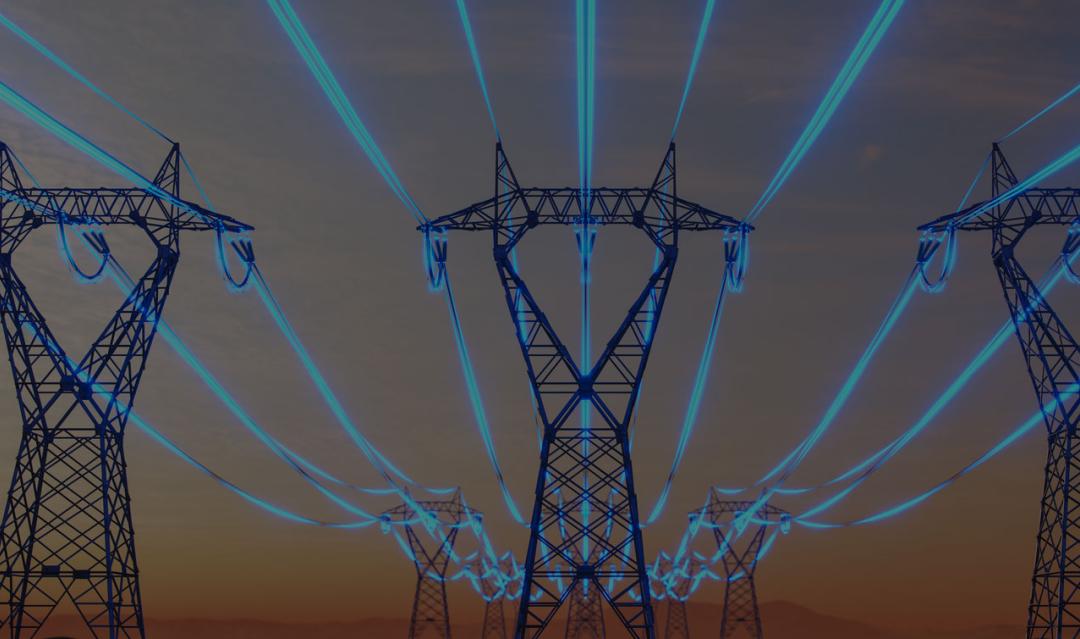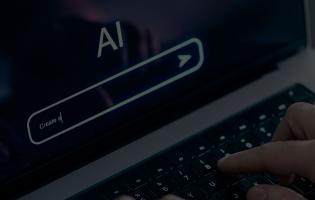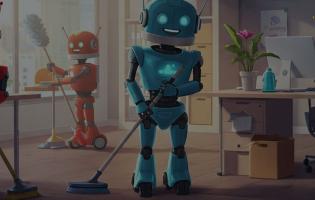Is AI an Essential Utility?
Should access to AI also be considered an essential part of everyone’s lives?
I’ve been on the Internet a long time. Many (many) years ago, I wrote a blog post which posited that access to the Internet should no longer be considered a luxury, and instead be considered an essential utility–the same as access to electricity, heat, and water.
Obviously access to the Internet has never been something we need to survive. You can live off the grid (I’ve thought about it). But for most people, it was (and is) a critical component needed to live our lives and be gainfully employed.
It’s the preferred way to get news, apply or renew for government services, download software, find and apply for jobs, or meet with your doctor over video conferencing. There’s very few white-collar jobs that don’t require access to the internet. It’s essential. It’s a utility. It’s an essential utility.
And as an essential utility, I argued we should treat it on par with access to electricity. That doesn’t mean it has to be free. But it’s not an “extra”. So the idea that anyone would charge extra for Internet access is ridiculous. This was true in 2004, and it’s true in 2025. (Attention hotel chains, who seem stuck in the distant past – you don’t charge extra for electricity. Internet access should be the same).
I think most people have accepted this reality today. But now there’s a new paradigm to consider. Should access to AI — like the Internet before it — also be viewed as an essential utility?
This may be an early call to action, but not by much.
In 2025, surveys show that over 58% of employees worldwide use AI in their jobs–to help write papers, summarize meetings, design presentations, or debug code. A Gallup survey found that the number of white-collar workers who frequently use AI has nearly doubled in two years, and 78% of organizations now use AI in at least one business function.
Lawyers use it to summarize discovery documents. Job applicants use it to write cover letters, and companies use it to screen candidates. Doctors use it to interpret medical scans.
Those with access have an enormous advantage in productivity and learning. Those without access to AI risk being left behind. It’s not about luxury. It’s about equity.
Like electricity in the 20th century, AI in the 21st century is becoming the source of energy powering modern work.
Just as the digital divide once defined access to the Internet, a new AI divide is emerging between those who can afford or understand AI tools and those who cannot.
Consider electricity. It’s privately run but tightly regulated. Most of us don’t get to choose our electric company. It’s both monopoly-based, and essential to how we live and work. Access to electricity is a fundamental right for citizens.
Will AI follow a similar path? Given the enormous investment and infrastructure required, it’s easy to imagine a future where the entire industry is dominated by a few large players. I’d place my bets on OpenAI and Google, with other providers merging, pivoting, or disappearing–much like what happened with Internet search.
In fact, as of 2025, two companies control the majority of commercial generative AI traffic worldwide, according to Stanford’s AI Index.
Once you consider AI an essential utility, the importance of regulation becomes clear. Who ensures safety and accuracy? What level of transparency can we expect from providers? How do we handle misinformation and bias? What about outages?
Just as utilities face standards for reliability and reporting, AI systems may require transparency reports, documenting how they handle data, manage bias, or respond to harmful outputs.
Just as the digital divide once defined access to the Internet, a new AI divide is emerging between those who can afford or understand AI tools and those who cannot.
Should something as important to society as AI, and something with such a debt to society, be entirely for-profit? The technology has been built on decades of publicly funded research and the intellectual output of humanity (books, art, code, journalism, etc).
If AI becomes the backbone of modern life, what does it owe back to humanity? Should it be guided by the public interest, or by the drive for profit?
So far, few AI companies are profitable, but the valuations and influence are immense. Eventually, the pursuit of revenue will shape how (and for whom) these systems are designed.
Perhaps we’ll see the rise of a public AI infrastructure, akin to public broadcasting or open Internet projects, to ensure access for all. That was what OpenAI originally set out to be, but the organization has been shifting away from its nonprofit roots.
If AI is becoming an essential utility, then AI literacy needs to become a standard part of education. Students are using AI daily, often without guidance.
In 2025, surveys show that over 92% of students now use AI in some form—up dramatically from 66% just a year before. Many use it for serious academic tasks.
What responsibility does our education system have to teach critical, ethical, and creative AI use? Should schools treat it as a banned shortcut or a fundamental skill?
Twenty years ago, we debated whether Internet access was a luxury or a right. Today, it’s widely accepted as an essential service.
AI will likely follow the same path. The question is not if but how we treat it.
If we start viewing AI as an essential utility, we can begin asking the right questions about access, accountability, and the public good—before the systems shaping our lives become as invisible and indispensable as the power grid.





Join the Discussion +